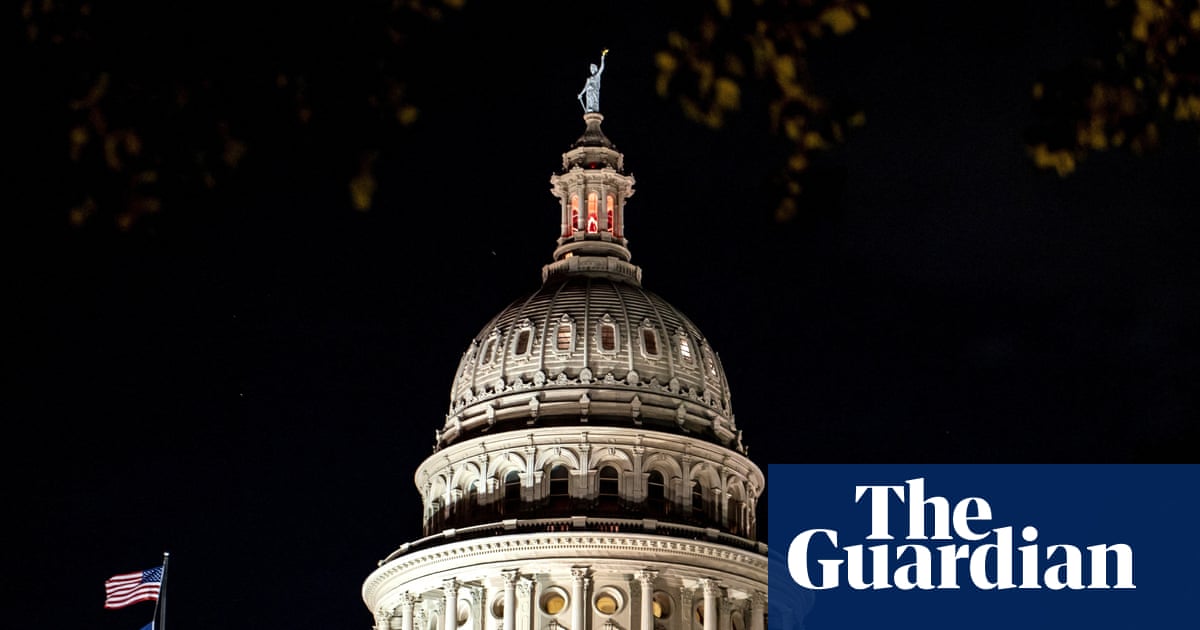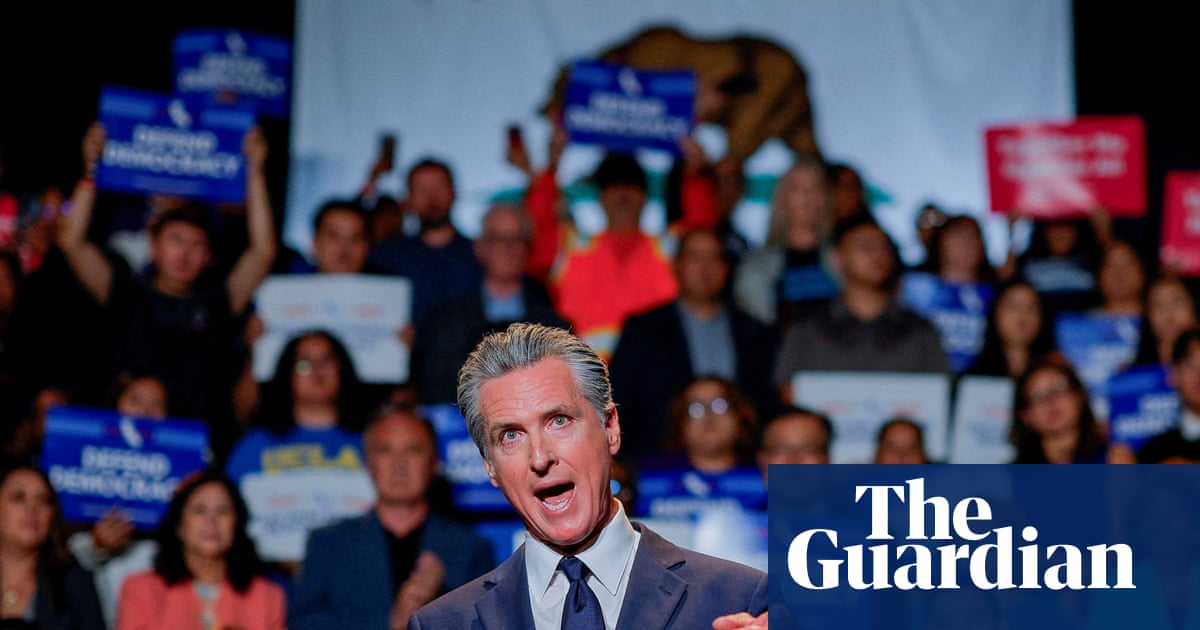WASHINGTON (AP) — President Donald Trump has told House Speaker Mike Johnson that he won't be spending $4.9 billion in congressionally approved foreign aid, effectively cutting the budget without going through the legislative branch.
Trump, who sent a letter to Johnson, R-La., on Thursday, is using what’s known as a pocket rescission for the first time in nearly 50 years. That's when a president submits a request to Congress to not spend approved funds toward the end of the fiscal year, so that Congress cannot act on the request in the 45-day timeframe and the money goes unspent as a result. The fiscal year draws to a close at the end of September.
The last pocket recession was in 1977 by then-President Jimmy Carter, and the Trump administration argues that it's a legally permissible tool. But such a move, if standardized by the White House, could effectively bypass Congress on key spending choices and potentially wrest some control over spending from the House and the Senate.
The letter announcing the rescission was posted Friday morning on the X account of the White House Office of Management and Budget. It said the funding would be cut from the State Department and the U.S. Agency for International Development, or USAID.
The 1974 Impoundment Control Act gives the president the authority to propose canceling funds approved by Congress. Congress can vote on pulling back the funds or sustaining them, but by proposing the rescission so close to Sept. 30 the White House ensures that the money won't be spent and the funding lapses.
The New York Post first reported the pocket rescission.

 German (DE)
German (DE)  English (US)
English (US)  Spanish (ES)
Spanish (ES)  French (FR)
French (FR)  Hindi (IN)
Hindi (IN)  Italian (IT)
Italian (IT)  Russian (RU)
Russian (RU) 























Comments